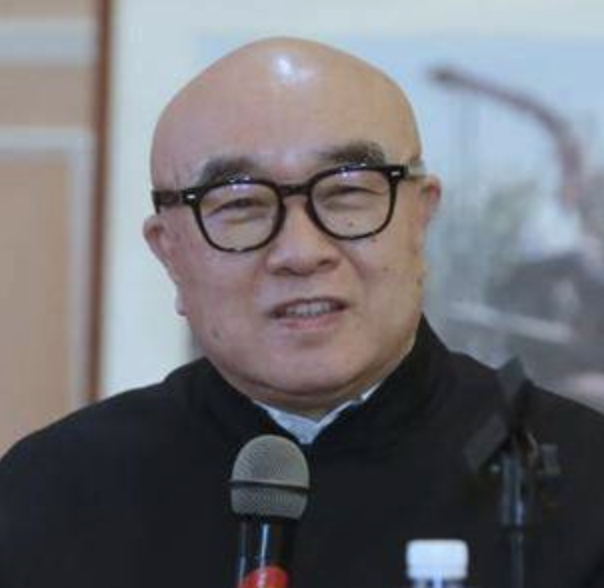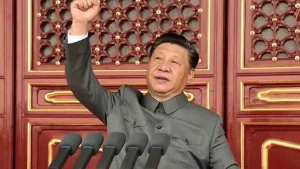China’s Modernization: Lost in Translation
One of the most important aspects for constructing the China’s narrative of Zhongguoshi Xiandaihua (中国式现代化) is the translation of its keys concepts. Current translations are not only inaccurate but also misleading for international readers. Here are some examples:
Zhongguoshi xiandaihua (中国式现代化) [lit. Chinese style modernization] : “a Chinese path to modernization”. The translation missed the keyword “Chinese style”.
Renlei wenming xinxingtai (人类文明新形态) [lit. Human civilization new form/state]: “a new form of human advancement”. The translation missed the word “civilization”.
Renlei mingyun gongtongti (人类命运共同体) [lit. Community of Human Destiny]: “community of shared future for mankind”. The addition of the word “shared” in the English translation suggests a perceived difficulty for countries or peoples of diverse backgrounds to jointly build a “community of human destiny”.
Why can’t Renlei mingyun gongtongti be translated as “a mankind community of different value systems”?

As rightfully pointed out by scholars such as Professor Ejaz Akram from Pakistan, Zhongguoshi xiandaihua is the first modernization attempt in human history that is not associated with the West. Since the West ushered in modernity, it has been promoting its own set of value standards, which is a product of its unique European historical setting, as the universal standards for all of humanity. The Western style of civilization is based on inequality rooted in dichotomies of Christians versus barbarians and “modern Western society” versus “traditional non-Western society”.
The Western-style civilization, in terms of the production and dissemination of knowledge, has regarded non-Western knowledge as alternative, ignorant and barbaric. Consequently, the West has been engaging in a thorough intellectual cleansing of non-Western knowledge as Western modernity swept across the world. Nowadays, China’s prestigious universities have to establish Guoxueyuan, or Schools of Traditional Chinese knowledge, to preserve traditional culture. This only shows how unpopular they are in Chinese universities. To the contrary, we never see Western universities establish any “school of traditional knowledge” because their current knowledge system is steeped in their values and their traditional knowledge.

When Chinese universities set up institutions such as Guoxueyuan, the implication is that since we now have a designated place for traditional knowledge, it should stay out of the way in other disciplines. As a result, humanities and social sciences such as communication, business, law, political science, etc. can comfortably copy disciplinary structures and standards of their Western counterparts.
Utilizing its extensive influence in the existing body of knowledge on modernity, the West deems itself the judge of civilizations, even casting judgement on the longstanding Chinese civilization. This mindset is embraced by China’s academia to the the extent that they think China’s modernization can only be legitimized if it fits into the Western discourse of modernity.
However, such approach is essentially an attempt to “reason” with the Western within their own linear logical framework, a system which the West holds the right of interpretation. The confinement of our own thoughts and language by Western narratives and ideas would ultimately render China’s position indefensible.
In this sense, key concepts in Chinese politics, including those stemming from its unique experience striving for modernization, should be translated within the context of China. For instance, the meaning of the Chinese term for human rights (人权 renquan) extends far beyond “right to vote” and “right to ballot”. Therefore, the best translation for the Chinese term should simply be its pinyin: renquan, highlighting the fundamental differences between Chinese and Western paths to realizing human rights. The same approach should also be applied when translating key concepts such as ziyou (freedom) and minzhu (democracy).

Phonetic translation of key Chinese concepts, instead of direct appropriation of the existing English words, enables China narratives rooted in its cultural roots, which will facilitate better communication of China’s original ideas on the world stage. It will not only promote the construction of China’s narratives, but also enrich the language and the body of knowledge for all humankind, capable of supporting the order of Renlei mingyun gongtongti.
Editor: Meatismurder
https://mp.weixin.qq.com/s/Aup_HvohdY5n2vCA79849g




